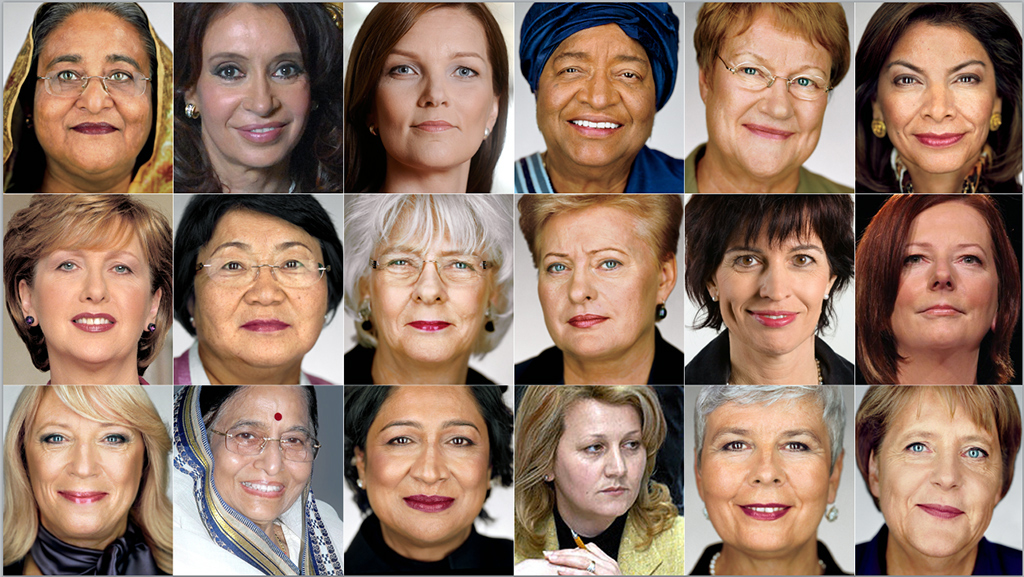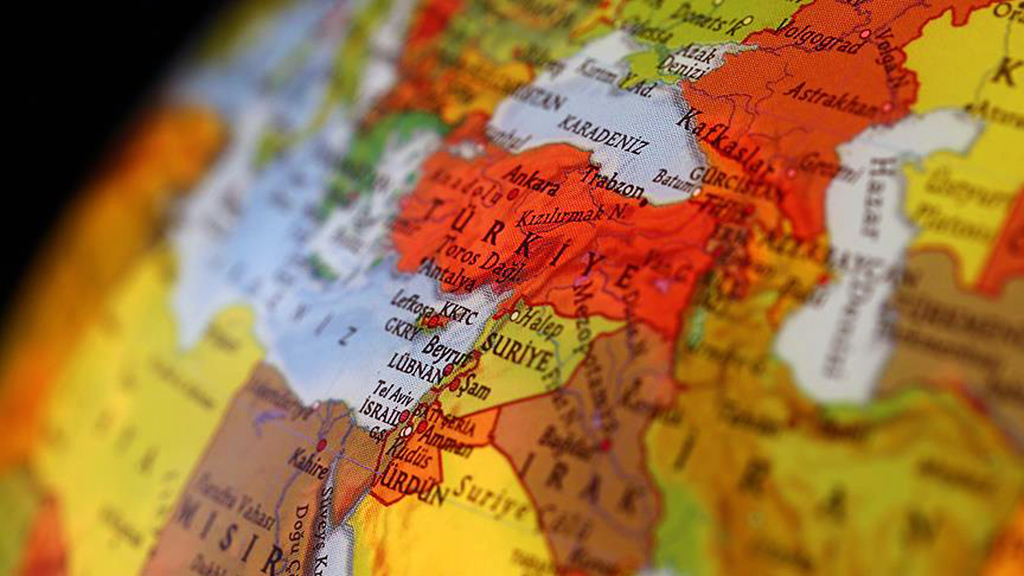
The age of female leadership in politics?
The idealization of female leadership in politics has been debated around significant themes such as gender equality, democracy, freedom and anti-discrimination...
Share
In 1994, the world faced one of the bloodiest genocides of the 20th century. After long-lasting ethnic segregation policies under the colonial heritage, two antagonistic societies, the Hutus and Tutsis, came into conflict with each other, and almost one million people were killed in three months in Rwanda. After the civil war ended, international organizations helped Rwanda settle on a new constitution based on power sharing, including gender equality in decision-making organs. It has become a tradition in the country to form a gender-balanced Cabinet with 50 percent women. Nevertheless, the research conducted on the Rwanda case shows that providing a constitutional guarantee for equal female representation in decision-making does not always bring positive results. In other words, traditions and prejudices can be more powerful and steady than even constitutions.
Nowadays, the rising popularity of female leaders has become a new phenomenon in politics. Since female political leaders possess strong and powerful characteristics as new game-changers in the international arena, their contribution to the resolution of current gender-related problems has been a significant discussion topic. The evaluation of female leadership in politics reveals that the increase of female leaders does not always promote female participation in politics and the solution of gender-related problems as seen in the case of Rwanda. The reason for this failure can be understood by evaluating indirect phenomena affecting the female position in politics such as electoral systems, economic participation and opportunities, educational opportunities and other intrinsic historical and cultural variables.
The idealization of female leadership in politics has been debated around significant themes such as gender equality, democracy, freedom and anti-discrimination. Some research done on this issue specifies a linear relationship between female leadership and women's inclusion in other areas of life. Strong female leaders in developed countries such as Germany, Australia, Switzerland, Sweden, Iceland and Canada are given as examples of positive contributions by female leaders to the positions of women in their societies.
Nonetheless, whether the phenomenon of female leadership is the result of inclusionary and gender-balanced social values or female leadership itself creates empowerment and recognition for these values is still in question. Even though it is not easy to answer this question, it is a remarkable discussion topic to think about. Indeed, female leadership could be both cause and effect in its relation with providing gender balance for all women. Nevertheless, as it is seen in undeveloped countries, setting quotas and providing a constitutional guarantee do not break deep-rooted prejudices and women have to hold inferior positions to men on a societal level.
At this point, it is quite interesting to see that female political leaders in developed and undeveloped countries almost equally pay attention to gender-related issues on their agendas. Gender-related issues are even parts of the constitution in most African countries since the U.N. directly contributed to the formation of constitutions in this region. Most European and other developed countries do not specify gender-based equality as much as undeveloped countries in their constitution, but they have more effective and powerful female leaders in politics.
This situation reveals that creating a society in which internalized gender equality in all aspects is more crucial than providing a constitutional guarantee for women. It is obvious that societies in developed countries have more internalized gender equality in politics. For this reason, women can be dominant actors in the system when they hold leadership positions, while undeveloped countries assume more passive roles for female leaders as research shows. In other words, the age of female leadership does not bring more inclusionary social and political environment for women in all cases.
It is obvious that there is a need of an in-depth understanding of female narratives in specific countries and regions in today's world to evaluate the effects of female leadership on women's positions. Besides all these issues, it is crucial to recognize that female leadership could create more paradoxes for women.
Providing constitutional guarantee or appointment of female leaders may cover disadvantaged positions and discrimination of other women in social and political life. Thus, at the end of the day, an internalization of values on women's equalization at the societal level matters much more than having female leaders holding top positions.
[Daily Sabah, 21 December 2018]
Tags »
Related Articles
Policy Report
One Year At War | The Past, Present and Future of Sudan’s Civil War and Proposed Solutions
June 2024







